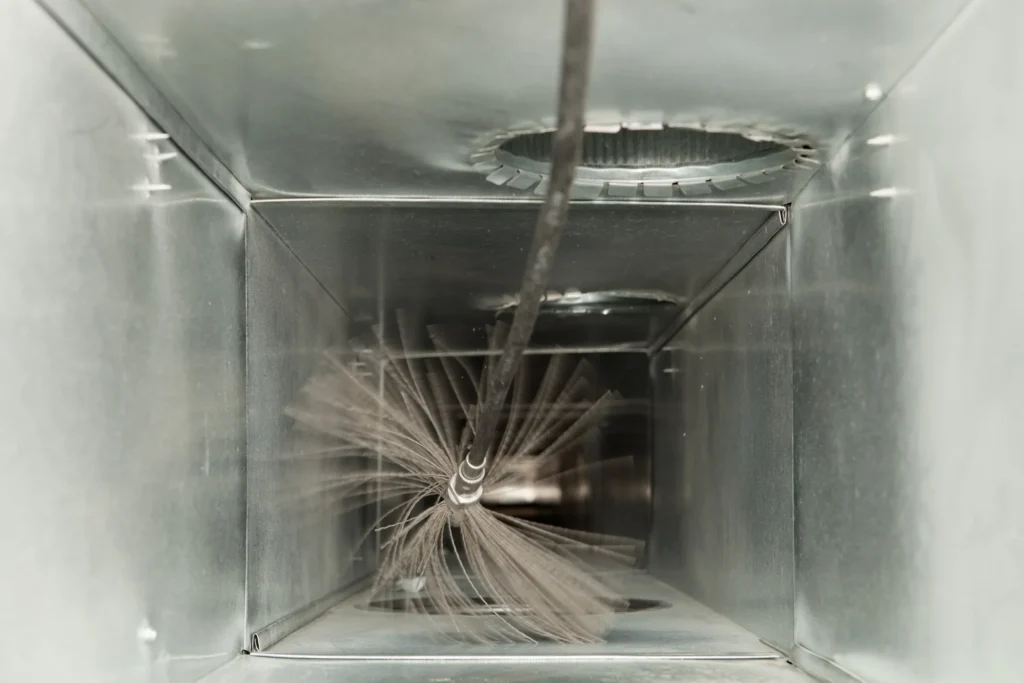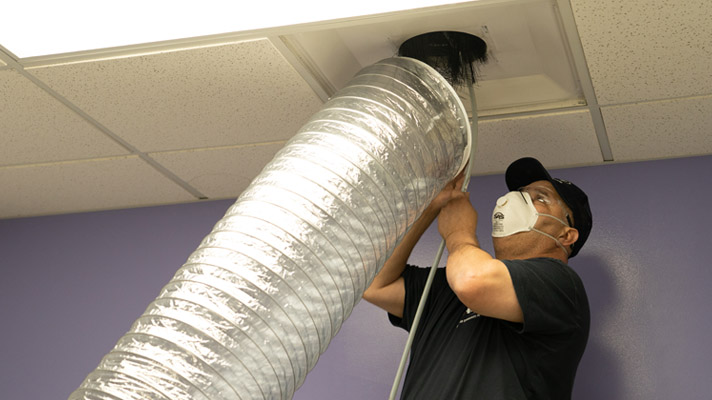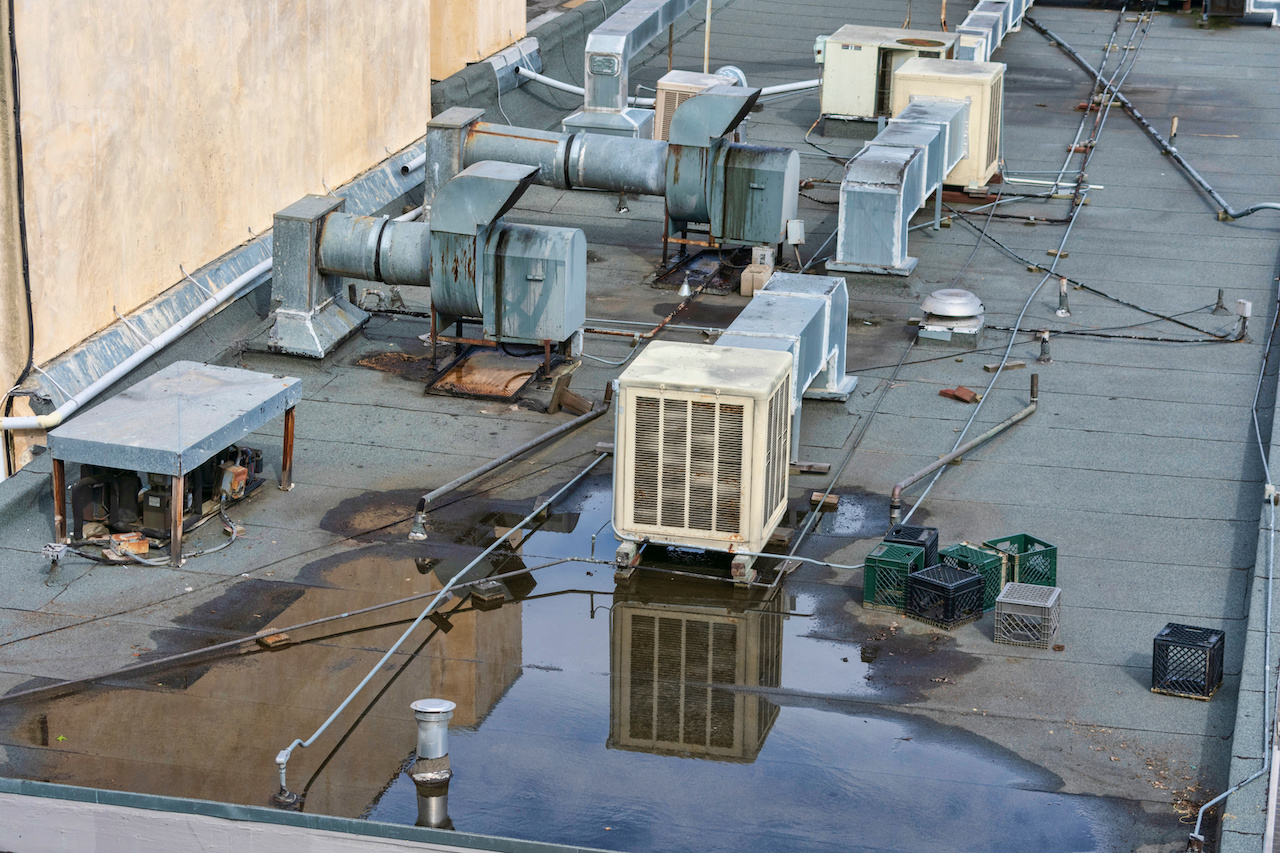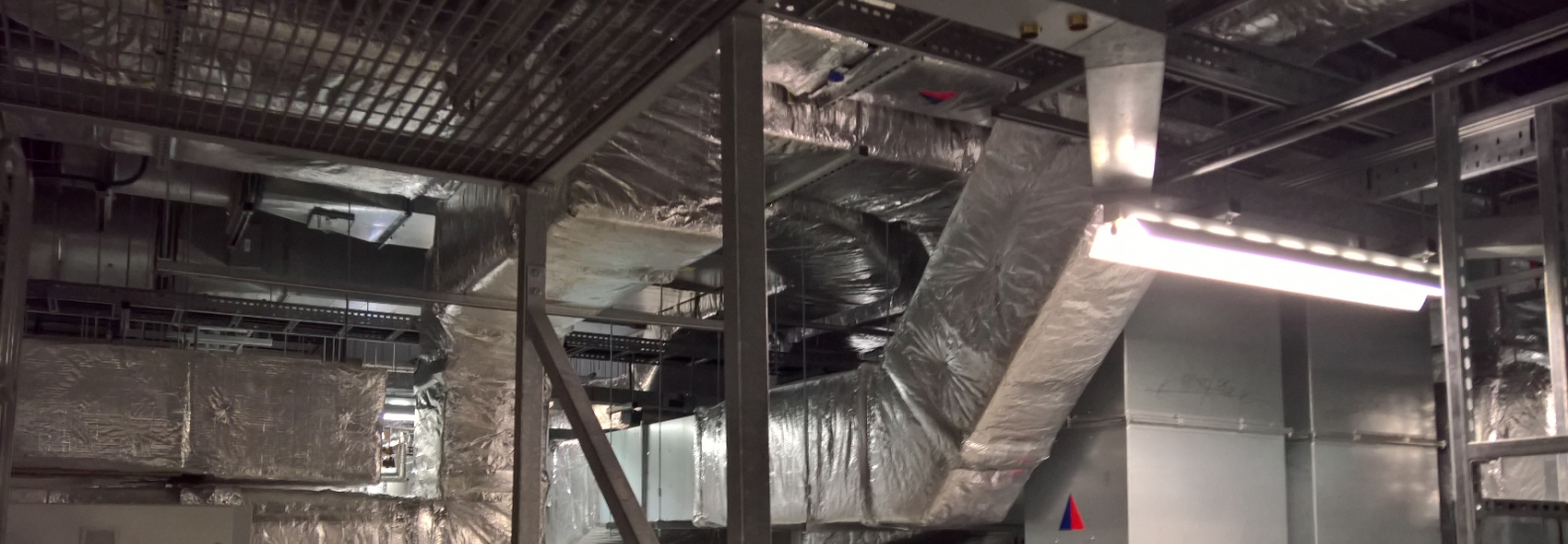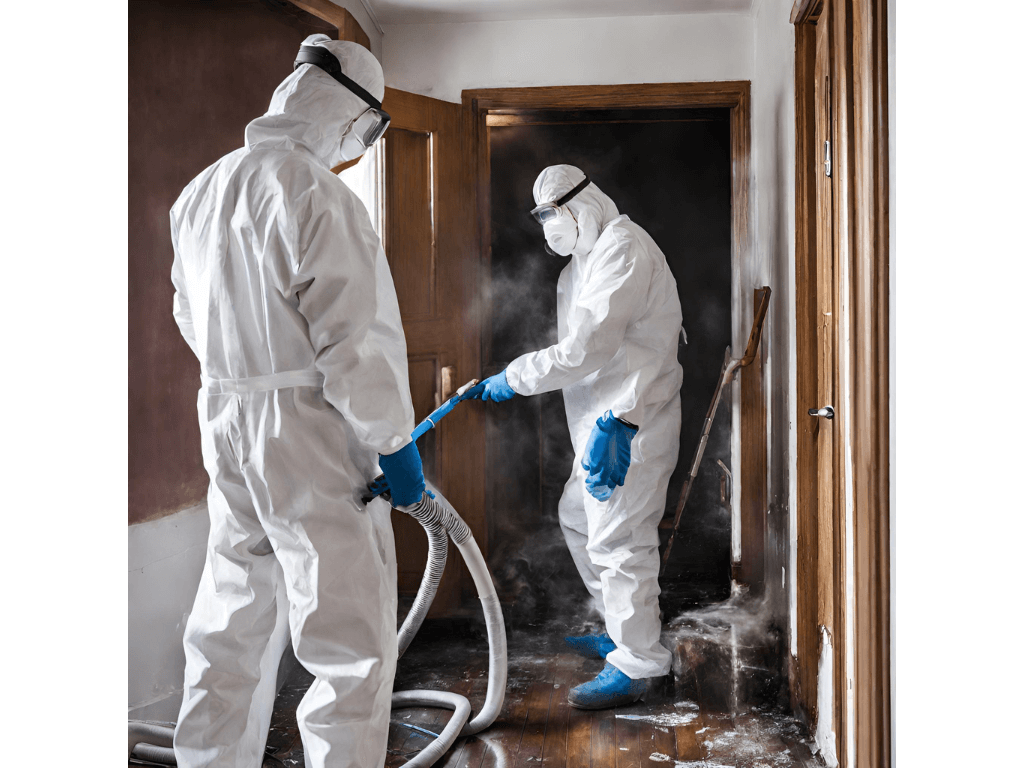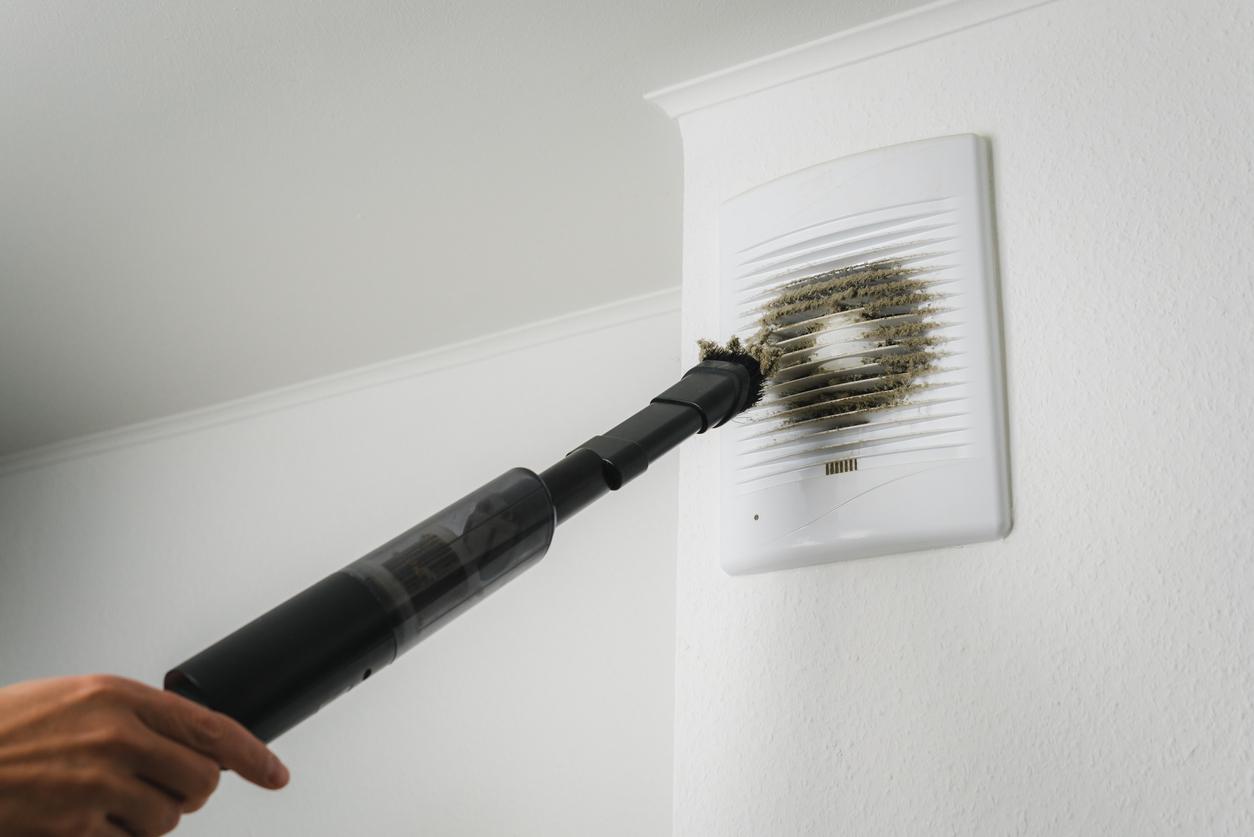Smoke Damage Hvac Cleaning In Birmingham
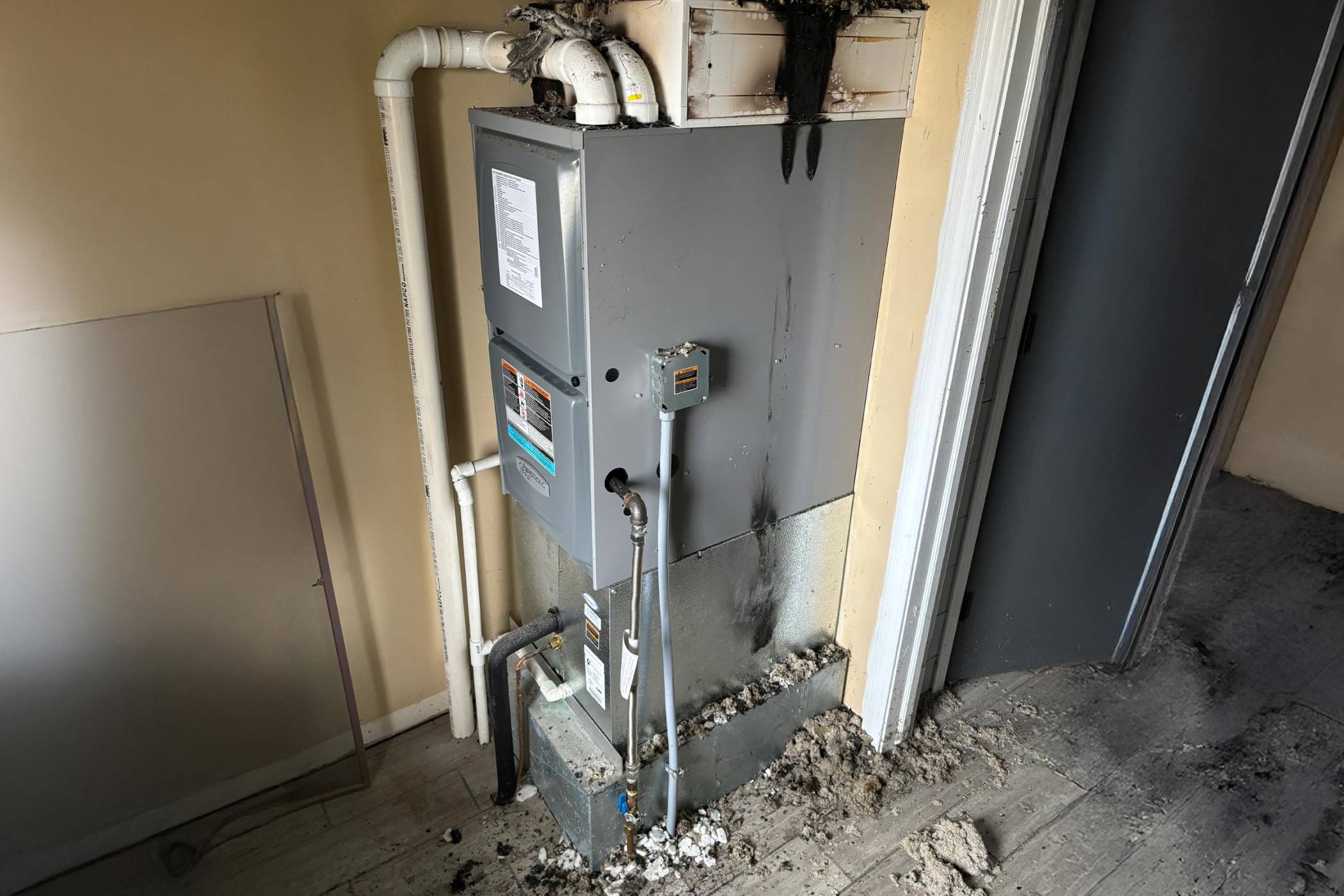
Frequently Asked Questions: Smoke Damage HVAC Cleaning in Birmingham
Smoke damage from fires can wreak havoc on your HVAC system, compromising its efficiency and even spreading harmful particles throughout your home or business. This FAQ addresses common concerns and provides clear information about smoke damage HVAC cleaning in Birmingham.
Q1: Why is HVAC cleaning important after a fire?
After a fire, soot and ash particles infiltrate your entire HVAC system, including the ducts, coils, blower motor, and air filter. Ignoring this contamination can lead to a range of problems:
- Reduced air quality: The HVAC system recirculates contaminated air, exposing you and your family to harmful toxins and irritants that can trigger respiratory problems, allergies, and other health issues. This is the most critical reason to clean your HVAC system after a fire.
- Decreased HVAC efficiency: Soot buildup on coils and other components insulates them, hindering heat transfer and forcing your system to work harder to maintain the desired temperature. This translates to higher energy bills and potential system failure.
- Unpleasant odors: Smoke odors linger within the ductwork and system components, creating a persistent and unpleasant smell throughout your property. Simply masking the odor isn't enough; you need to eliminate the source.
- Corrosion and damage: Soot can be acidic and corrosive, potentially damaging sensitive HVAC components over time, leading to costly repairs or replacements.
- Fire hazards: Accumulated soot, especially near the furnace or other heat sources, can pose a fire risk.
Essentially, smoke damage in your HVAC system creates a hidden health hazard and negatively impacts system performance. Professional cleaning is essential to restore both.
Q2: What does professional smoke damage HVAC cleaning involve?
A thorough smoke damage HVAC cleaning goes beyond simply changing the air filter. A reputable Birmingham HVAC cleaning company will typically follow these steps:
- Inspection and assessment: A certified technician will inspect the entire HVAC system, including ductwork, air handler, coils, blower motor, and vents, to assess the extent of the damage and determine the appropriate cleaning methods. This crucial step ensures a targeted and effective cleaning strategy.
- Containment: The work area will be properly contained to prevent the spread of soot and ash to unaffected areas of your home or business.
- HEPA vacuuming: Using specialized HEPA (High-Efficiency Particulate Air) vacuums, technicians will meticulously remove loose soot and debris from all accessible surfaces of the HVAC system. HEPA filters capture microscopic particles, preventing them from being recirculated.
- Duct cleaning: The ductwork is cleaned using a combination of methods, such as:
- Source removal: Agitating brushes or air whips are used to loosen debris from the duct walls, while a powerful vacuum system removes it.
- Air washing: High-pressure air is used to blow debris towards the vacuum system.
- Coil cleaning: The evaporator and condenser coils are carefully cleaned with specialized cleaners to remove soot buildup and restore their heat transfer efficiency.
- Blower motor cleaning: The blower motor is cleaned and lubricated to ensure proper operation and prevent overheating.
- Air duct sanitization: After cleaning, a disinfectant or sanitizing agent may be applied to the ductwork to kill any remaining mold, bacteria, or odors. This is especially important if moisture was present during the fire.
- Filter replacement: A new, high-quality air filter is installed to capture any remaining particles and maintain air quality.
- System testing: After cleaning, the HVAC system is tested to ensure it is operating efficiently and effectively.
The specific techniques and products used will depend on the severity of the smoke damage and the type of HVAC system you have. Always choose a company that is experienced and certified in smoke damage restoration.
Q3: Can I clean my HVAC system myself after a fire?
While you can certainly change the air filter yourself, attempting to clean the entire HVAC system yourself after a fire is strongly discouraged. Here's why:
- Health risks: Soot and ash contain harmful toxins and irritants that can pose significant health risks if inhaled or ingested.
- Specialized equipment: Professional HVAC cleaning requires specialized equipment, such as HEPA vacuums, duct cleaning machines, and coil cleaners, which are not typically available to homeowners.
- Risk of damage: Improper cleaning techniques can damage sensitive HVAC components, leading to costly repairs or replacements.
- Incomplete cleaning: DIY cleaning is unlikely to remove all traces of soot and smoke from the system, leaving behind odors and potential health hazards.
Hiring a professional ensures a thorough and safe cleaning, protecting your health and preserving the integrity of your HVAC system. DIY attempts can often exacerbate the problem and lead to more extensive (and expensive) repairs later on.
Q4: How long does smoke damage HVAC cleaning take?
The duration of the cleaning process depends on several factors, including:
- The size of your home or business: Larger properties with extensive ductwork will require more time to clean.
- The severity of the smoke damage: More severe smoke damage will necessitate more intensive cleaning efforts.
- The complexity of the HVAC system: Complex systems with multiple zones or intricate ductwork configurations may take longer to clean.
- Accessibility: The ease of access to the HVAC system and ductwork can also affect the cleaning time.
In general, smoke damage HVAC cleaning can take anywhere from a few hours to several days. A reputable company will provide you with a realistic estimate after assessing the damage and the specifics of your system. Be wary of companies that offer unrealistic timeframes, as this may indicate a rushed and incomplete cleaning process.
Q5: How much does smoke damage HVAC cleaning cost in Birmingham?
The cost of smoke damage HVAC cleaning in Birmingham can vary widely depending on the same factors that influence the cleaning time (size of property, severity of damage, system complexity, accessibility). It's impossible to provide a precise estimate without a thorough inspection. However, you can expect the cost to range from:
- Simple Duct Cleaning: $500 to $1,500 (for a small home with minimal damage)
- Comprehensive Cleaning and Sanitization: $1,500 to $5,000+ (for a larger property with moderate to severe damage, including coil cleaning and sanitization)
- Extensive Restoration (including duct replacement): $5,000+ (in cases of severe damage where ductwork cannot be adequately cleaned)
It's crucial to obtain quotes from multiple reputable companies and compare their services and pricing. Don't simply choose the cheapest option; consider the company's experience, certifications, and reputation. Always ask for a detailed breakdown of the services included in the quote. Be sure the quote includes inspection fees, HEPA vacuuming, duct cleaning (with specific methods outlined), coil cleaning, blower motor cleaning, sanitization (if needed), filter replacement, and system testing.
Also, check with your insurance company. Most homeowner's insurance policies cover smoke damage restoration, including HVAC cleaning. Your insurance adjuster can help you navigate the claims process and ensure you receive the coverage you're entitled to.
Q6: How do I choose the right HVAC cleaning company for smoke damage in Birmingham?
Selecting a qualified and experienced HVAC cleaning company is crucial for ensuring a thorough and effective restoration. Consider the following factors:
- Certifications and Licenses: Ensure the company is licensed and certified by relevant organizations, such as the NADCA (National Air Duct Cleaners Association). NADCA certification demonstrates that the company has met rigorous standards for training, equipment, and procedures.
- Experience: Choose a company with proven experience in smoke damage restoration specifically. Ask for references and case studies to review their past work.
- Reputation: Check online reviews and ratings on platforms like Google, Yelp, and the Better Business Bureau. Look for consistent positive feedback regarding their quality of work, customer service, and professionalism.
- Equipment and Technology: Inquire about the equipment and technology the company uses. They should have state-of-the-art HEPA vacuums, duct cleaning machines, and other specialized tools to effectively remove soot and debris.
- Insurance Coverage: Verify that the company has adequate liability insurance and workers' compensation coverage to protect you from potential risks during the cleaning process.
- Detailed Assessment and Quote: The company should conduct a thorough inspection of your HVAC system and provide a detailed, written quote that clearly outlines the scope of work, cleaning methods, and associated costs.
- Transparency and Communication: Choose a company that is transparent about their processes and willing to answer all your questions clearly and honestly. Good communication throughout the project is essential.
Don't hesitate to ask questions and request documentation to verify the company's credentials and qualifications. A reputable company will be happy to provide you with all the information you need to make an informed decision. Remember, choosing the right HVAC cleaning company is an investment in your health and the longevity of your HVAC system.
Q7: What are some preventative measures I can take after the HVAC system is cleaned to avoid future issues?
After your HVAC system has been professionally cleaned following smoke damage, taking proactive steps can help prevent future issues and maintain a healthy indoor environment. Consider these preventative measures:
- Regular Air Filter Replacement: Replace your air filter regularly, following the manufacturer's recommendations (typically every 1-3 months). Use a high-quality filter with a MERV (Minimum Efficiency Reporting Value) rating of 8 or higher to capture more airborne particles.
- Routine HVAC Maintenance: Schedule regular maintenance for your HVAC system, ideally twice a year (spring and fall). A qualified technician can inspect and clean the system, identify potential problems early, and ensure optimal performance.
- Proper Ventilation: Ensure adequate ventilation in your home or business to minimize the buildup of pollutants and humidity. Use exhaust fans in bathrooms and kitchens to remove moisture and odors.
- Source Control: Address any potential sources of indoor air pollution, such as mold, excessive dust, or chemical fumes. Repair any water leaks promptly to prevent mold growth.
- Consider an Air Purifier: Invest in an air purifier with a HEPA filter and activated carbon filter to remove airborne particles, odors, and VOCs (volatile organic compounds).
- Professional Duct Cleaning (Periodic): While not required immediately after smoke damage cleaning, consider scheduling professional duct cleaning every 3-5 years to maintain optimal air quality and system efficiency. This frequency can be adjusted based on factors like the number of occupants, pets, and outdoor air quality.
- Monitor Air Quality: If you are concerned about indoor air quality, consider purchasing an air quality monitor to track levels of pollutants like PM2.5, VOCs, and carbon dioxide. This can help you identify potential problems and take appropriate action.
- Be Mindful of Potential Future Fires: Make sure you have working smoke detectors on every floor and test them regularly. Have an escape plan in place and practice it with your family or employees. While hopefully never needed, this preparation can prevent serious harm.
By implementing these preventative measures, you can maintain a clean and healthy indoor environment and extend the lifespan of your HVAC system. These actions contribute to long-term well-being and prevent future smoke damage-related problems.
